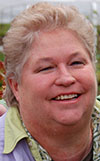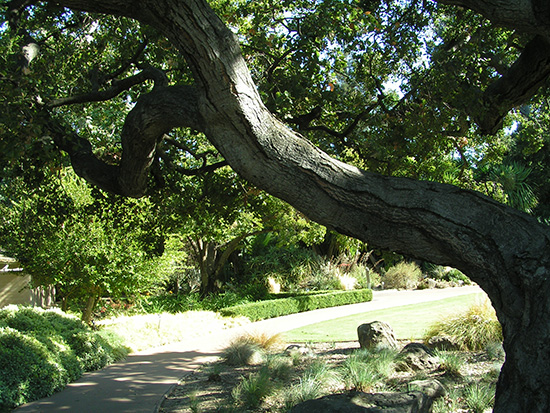 At this time of year David and I put the garden to bed. He writes about keeping it healthy for next season, and concentrates on sanitizing – cleaning out unhealthy plant tissue where disease may lurk until spring. For me the garden season is over. In our cold climate, I find myself more and more reluctant to go outdoors, much less garden. It’s time to concentrate on indoor activities.
At this time of year David and I put the garden to bed. He writes about keeping it healthy for next season, and concentrates on sanitizing – cleaning out unhealthy plant tissue where disease may lurk until spring. For me the garden season is over. In our cold climate, I find myself more and more reluctant to go outdoors, much less garden. It’s time to concentrate on indoor activities.
The other day David and I watched the local news that carried a story about the dangers of falling leaves in the coming storm. Trees had just begun to turn colors, and had not yet had an opportunity to drop their autumn leaves. The newscaster warned that these leaves posed a terrible threat. OMG – the wind could bring them down all at once! They could cause flooding!! We could almost hear the sound track to Hitchcock’s Psycho in the background, as the menacing leaves crawled toward us. What fierce creatures deciduous trees are. “Be afraid. Be very afraid.”
Although this is part of the fear mongering so common on television today, it is also a clear illustration of a significant loss we modern, urban dwellers have suffered. The loss of connection to and intimacy with the natural world.
Right now, as David and I launch into writing our second book for Timber Press (Troubleshooting the Vegetable Garden), I am reading lots and lots of books about vegetables, about organic gardening practices, and about plants in general. I find myself exploring many different topics, including ecology and natural history. The more I understand the natural processes going on outside, the more fun I have in the garden. I glean some books for information, and some for inspiration.
In these explorations I uncovered a book that articulates a major theme of my life and of David’s and my work. In The Lost Language of Plants (Chelsea Green Publishing, 2002) Stephen Harrod Buhner describes an encounter with a puppy, an encounter that many of us have experienced. “… [a] moment [when] something passes between you and the puppy. It is as if something leaves your body and enters the puppy, as if something leaves the puppy and enters you.” At this moment you want to pet the puppy, and he wants you to pet him. Bruhner continues: “This is an experience that nearly all people know, yet we have no word for it in our language.”
He goes on: “Once, people experienced this exchange with everything on earth. The experience was understood, expected, a natural part of human life – this deep interaction with the non-human world . . .”
I am interested in understanding how we lost this ability, this perception, this desire, even. And I want to know how to regain it. While I agree with Edward O. Wilson that we humans experience “Biophilia” — the love of life itself — I still see lots of evidence of this fundamental disconnect with other life forms. Much of the work David and I do is an attempt to understand the loss and to regain the ability.
Early in our marriage David and I walked through the Foster Botanical Gardens on the Island of Oahu. We came upon a gigantic Kapok (Ceiba pentandra) whose great buttress roots stabilized its enormous trunk and made caverns in which to hide. I slipped into one and felt embraced and safe. I invited David in and made a comment about this magnificent tree. David agreed, but told me that his favorite tree was the mighty oak. I was surprised, because I knew how much he loved tropical flora. He stepped out of the tree’s embrace and stood in the middle of the grass. He held his arms out to the side, like a kid pretending to be an airplane. He swayed and dipped, as if wind buffeted the mighty oak he mimicked. “Imagine,” he said, “holding your arms out like this for an eternity. Oak trees are essentially immortal, you know. They stand forever with their arms outstretched. Imagine the strength that takes.”

I was stupefied. So much information wrapped up in those simple words. Trees are immortal. They are powerful. Could we not benefit from this power if we only understood it better? Can we not learn important lessons from an immortal being if only we know how to listen? I hope so.

Leave a Reply